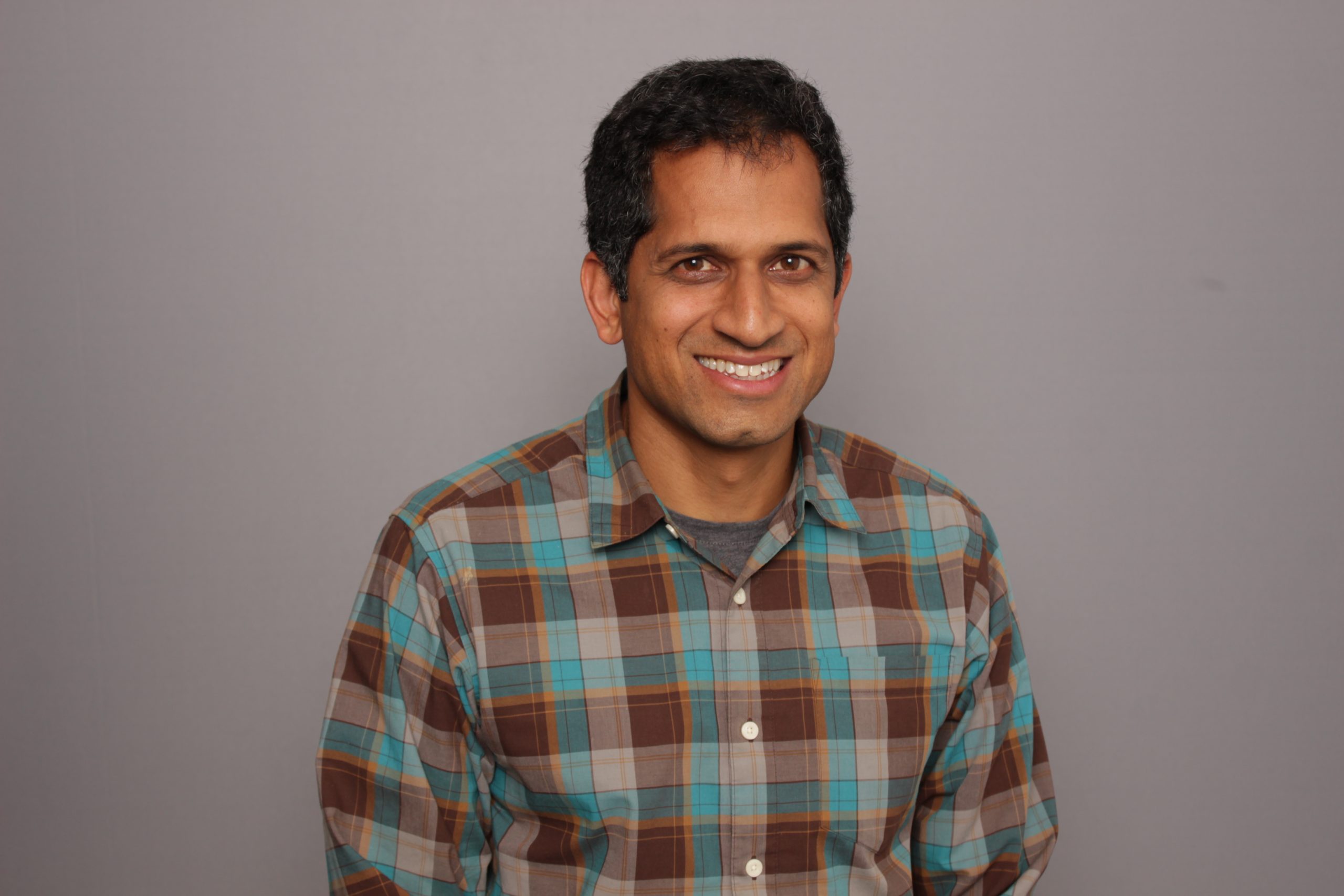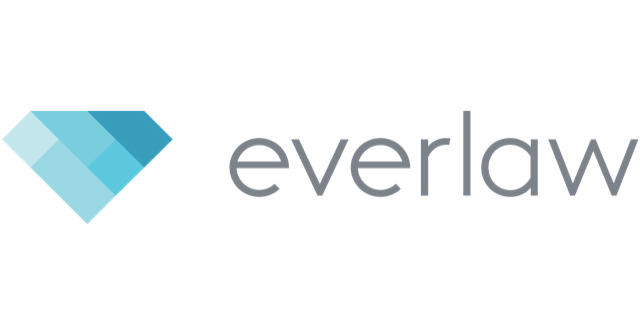Imagine this: You’re working on a jigsaw puzzle. It’s 1,000 pieces and you’re methodically going through them all, connecting what goes together, maybe categorizing the different types, colors, and patterns. And, while you’re doing this, all of a sudden that 1,000-piece puzzle becomes a 1,500-piece puzzle. And, oh yeah, the picture has changed. And this keeps happening over, and over, and over again. It would drive you crazy. But unfortunately, for business owners and business professionals, this story is one that’s all too familiar.
In the legal profession, the ever-expanding jigsaw puzzle is the hunt for evidence that can make or break a case. But finding the smoking gun is like searching for a needle in a haystack and most of the time, you don’t even know what the needle looks like.
AJ Shankar is the Founder and CEO of Everlaw, a legal tech company that is taking these impossible tasks out of the hands of lawyers and is spinning the haystacks into gold. How does it do that? Find out on Business X factors.
Main Takeaways:
- Side Hustles As Main Hustles: Conventional wisdom says we should not be sidetracked by shiny objects and that we should laser focus on a single goal. But side hustles or projects don’t need to be a distraction because some of the world’s most successful companies have started out as side projects. Twitter, Houzz, and Craigslist fall in this category. The jobs we take on to make some extra cash, pursue a passion or take because it was available, could be an inspiration for a whole new career. Your skills could be exactly what an industry far out of your comfort zone needs. Side projects could be an incredible source of inspiration and it could be a better idea than the one you have been pursuing.
- Naivety as a Superpower: People are often labeled as naïve when they are inexperienced in a particular field or when they lack strict adherence to ideals or rules. But in the business world, naivety or cluelessness can sometimes be an asset because it gives you a perspective that others who are well-versed in the area often miss. Naivety should not be confused with stupidity or ignorance. Richard Branson has often been accused of making naïve or flaky decisions. Branson has tried many things for fun and worked like crazy to make them happen. The secret is to be intelligently naïve leaving room for curiosity, learning and experimentation, and observation that others closer to an industry may not see.
- Partner with an Engineer: When people of the same discipline get together to solve problems, particularly when they are big problems, it could be useful to borrow from other industries and bring systems engineering that is well-known in the space industry into the process.
Key Quotes:
“They’re going to get a huge pile of evidence, a huge Corpus of evidence, whether, if they’re a law firm from their own client or from opposing counsel, that’s a separate pile of evidence. Then the other client next door, they all get their own huge haystacks. And somewhere in that haystack are the smoking guns and the incriminating emails or whatever that are going to make their case or exonerate their client. That’s what they’re looking for. And we don’t know what it looks like, and they don’t know what it looks like until they begin, because it’s a different haystack every time. And the needles are different every time.”
“I don’t know that everyone thinks math is cool, but I thought it was like a real beauty to it and elegance and an intellectual challenge and excitement about taking some simple rules and then extrapolating where they go, you get really complex results. And by the way, that’s really similar to the law, right? The law is like some rules. And then the actual interplay of these rules leads to really rich and interesting discussions.”
“I think the emphasis in legal tech should be on the tech, right? …You don’t want your software designed by lawyers. If you are a doctor and you have an idea for an MRI machine you don’t go to another doctor and say, ‘Hey, build me this MRI machine’. You go to an engineer who’s really good at building these machines. And that’s a very fruitful partnership.”
“The problem we’re trying to solve is, hey, here’s a huge haystack getting bigger every year and you got to find the needles in it. We don’t even know what the needles look like. Literally 0.1% of these things are interesting to you.”
“To collaborate with your peers, to build an argument that can sway a jury or a judge or opposing counsel, those are fundamentally hard problems. And so actually engineering this means building technology that can handle ingesting zillions of documents at high speed and short notice extracting tons of information from them, creating visualizations, using artificial intelligence, to tell where in the haystack to look or even just mapping out the haystack for you.”
“Our job is to handle all of that incredible complexity and sophistication so that you, as an end user, can have a really good experience and do what you want to do, which is practice law. That clear separation of concerns in my mind is really valuable.”
“When you have a hundred, 200, 300,000 documents to look through, finding the important ones is all the more important. And we actually can measure this compared to the industry standards. You know, for instance, a standard review rate is maybe 50 documents an hour. Using our tools, you can get up to 140 documents an hour as a reviewer.”
Bio:
AJ Shankar is the Founder and CEO of Everlaw, a legal tech company he founded in 2011 where he is building ‘the world’s most advanced litigation platform. Prior to Everlaw, AJ co-founded Modista, a company that used computed vision to make shopping for soft goods intuitive. He also worked at IBM Research as part of its Advanced Internet Technologies Group. AJ has a Ph.D in computer science from UC Berkeley and an A.B. in applied mathematics/computer science from Harvard University and he is a Forbes Council member. He believes truly important messages in businesses should happen over email not in chats.
—
Business X factors is produced by Mission.org and brought to you by Hyland.
For over a decade, Hyland has been named a Leader in the Gartner Magic Quadrant for Content Services Platforms, leading the way to help people get the information they need when and where they need it. More than half of 2019 Fortune 100 companies rely on Hyland to help them create more meaningful connections with the people they serve. When your focus is on the people you serve, Hyland stands behind you. Hyland is your X factor for better performance. Go to Hyland.com/insights to learn more.




